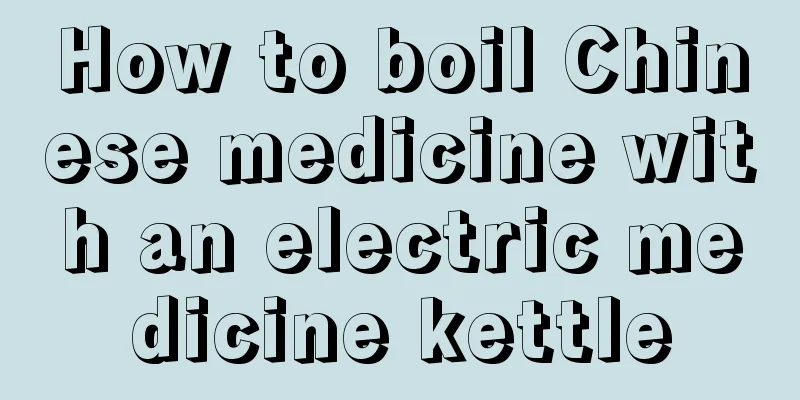What are the functions of the liver?

|
The liver is an important organ in the human body, and it has many functions. It can help us regulate the body's metabolism, promote bile production and excretion, and has good detoxification and coagulation functions. 1. Metabolic function: ① Sugar metabolism: Starch and sugar in the diet are digested and converted into glucose and absorbed through the intestines. The liver synthesizes it into glycogen and stores it. When the body needs it, liver cells can break down glycogen into glucose for the body to use. ② Protein metabolism: The liver is the only organ that synthesizes albumin in the human body. The liver is involved in the production, maintenance and regulation of globulins other than gamma globulins, enzyme proteins and plasma proteins. Amino acid metabolism such as deamination reactions, urea synthesis and ammonia processing are all carried out in the liver. ③Fat metabolism: the synthesis and release of fat, the decomposition of fatty acids, the production and oxidation of ketone bodies, the synthesis of cholesterol and phospholipids, the synthesis and transport of lipoproteins, etc. all take place in the liver. ④ Vitamin metabolism: The synthesis and storage of many vitamins such as A, B, C, D and K are closely related to the liver. Abnormal vitamin metabolism occurs when the liver is significantly damaged. ⑤ Hormone metabolism: The liver is involved in the inactivation of hormones. When liver function is damaged for a long time, sex hormone imbalance may occur. 2. Bile production and excretion: The uptake, conjugation and excretion of bilirubin, and the production and excretion of bile acids are all undertaken by the liver. The bile produced and secreted by liver cells is transported to the gallbladder through the bile duct. After being concentrated by the gallbladder, it is discharged into the small intestine to help the digestion and absorption of fat. 3. Detoxification effect: Some harmful wastes produced during the human body's metabolism and the metabolism and decomposition products of foreign poisons, toxins, and drugs are detoxified in the liver. 4. Immune function: The liver is the largest reticuloendothelial cell phagocytic system, which can phagocytize, isolate and eliminate various invading and endogenous antigens. 5. Coagulation function: Almost all coagulation factors are produced by the liver. The liver plays an important regulatory role in the dynamic balance of the human body's coagulation and anticoagulation systems. The severity of liver damage is often parallel to the degree of coagulation disorder. Clinically, it is common for some patients with cirrhosis to suffer bleeding or even death due to liver failure. 6. Others: The liver is involved in the regulation of blood volume, heat generation, and water and electrolyte regulation. When the liver is damaged, the regulation of electrolytes such as sodium, potassium, iron, and phosphorus becomes unbalanced. A common symptom is that water and sodium are retained in the body, causing edema, ascites, etc. |
<<: What are the symptoms of aplastic anemia?
>>: What is the difference between deafness and tinnitus?
Recommend
What to do if hearing loss occurs due to nasopharyngeal cancer
What should I do if I suffer from hearing loss du...
When does the 39th day of winter begin
The Chinese people have different opinions on dif...
What causes pain in the lower left side of the ribs?
Rib pain is a symptom. Many people want to know w...
The most important medical treatment for nasopharyngeal carcinoma
Among cancer diseases, nasopharyngeal carcinoma i...
How to kill mattress mites?
Mites can appear anywhere in our lives, such as o...
Is a fetal heart rate below 150 normal?
During the pregnancy, pregnant women must go to t...
What is the normal body temperature?
We all know that in our daily lives we may get si...
What are the early symptoms of ovarian cancer and cervical cancer
The early symptoms of ovarian cancer and cervical...
What should I eat to treat Alzheimer's disease?
Everyone knows that nowadays many basic condition...
What happens if there are horizontal lines on the ears? What are the impacts?
The ear is one of the five most important senses ...
The reason why radishes are hollow
For inexperienced people, they may not have obser...
What are the harms of fibroids to the body
Fibroid is a common disease in daily life. Howeve...
What is the reason for high blood transaminase
In clinical examinations, the transaminase level ...
How to use a tea towel
The culture of drinking tea is profound and has t...
How to use hair wax
Hairstyle is very important to a person's fac...









